Cats are a crepuscular species, which means that they are naturally active during dawn and dusk. Zoomies, being a word to define when our furry friends are at their most energetic, is a common behavior that can get frustrating for us owners, especially when your cat is sprinting around your bedroom in the middle of the night. What causes zoomies and how can you best ensure your cat gets a full night’s rest? Keep reading for all the reasons as to why felines get zoomies and methods to best help manage their necessary energy expenditure.
Play
If your cat is catching a case of zoomies when you bring out their favorite toy, this is simply a sign that they’re having fun! If you’re trying to wear your cat out so that they aren’t as energetic during the night, try to play with them several times throughout the day rather than just one long play session. Additionally, if you integrate catnip into their playtime, this has a knack of really revving up your feline’s energy which will help them sleep sounder later.
Litterbox Time
It’s a relatively normal trait for cats to get a burst of energy after they’ve used their litterbox. Seeing how relieving their bowel movements could trigger a positive sensation, there generally is no cause for concern if your furry friend zooms around the room after they poop. However, if your cat is showing signs of agitation or discomfort in their rear area after using the litterbox, it’s best to take them into the vet just to make sure there’s no health issues present.
Pent-Up Energy
While zoomies is usually a trait found exclusively in indoor cats, as outdoor cats tend to exert all their daily energy outside, there’s a possibility that your cat may be achieving insufficient levels of exercise. Felines regularly require both mental and physical stimulation, and if these needs aren’t met then they typically resort to catching a case of the zoomies in inopportune moments. Younger cats, especially, may release bursts of energy several times throughout the day if kept indoors, and it’s up to you as their owner to make sure these needs are met.
They Just Ate or Are Hungry
Food is a major source of both happiness and concern in your cat’s mind, and they may dash around your home in search for a meal when they began to feel hungry. Additionally, once they’ve been fed, the joy they gain from this excess energy may translate into zoomies. To manage this behavior, make sure to keep your cat on a scheduled feeding time so that they can trust that their food will undoubtedly come.
Anxiety & Stress
Whether their off-schedule, meeting a new human or pet, exhibiting separation anxiety, not meeting their daily exercise needs, or in-pain, acute levels of these stresses can also manifest into zoomies. If you believe your cat is running around your home due to any of these concerns, it’s important to visit your vet at once.
Feline Dietary Requirements
Providing our cats with additional antioxidants and specialty ingredients to aid in the maintenance of normal brain function has been proven to slow the progress of, and even reverse, the signs of cognitive dysfunction. By helping reduce your furry friend’s levels of stress and anxiety, this will also help them cease to catch zoomies during late hours of the night. Dr. Bill’s Feline Cognitive Support provides proactive ingredients to support memory, mental focus, brain function, motor skills, and an enhanced understanding of their anxieties.
-
Feline Optimum Skin & Coat$17.99 — or subscribe and save 10%
-
Feline Ultimate Fitness & Health$32.99 — or subscribe and save 10%
-
Feline Digestive Support$19.99 — or subscribe and save 10%
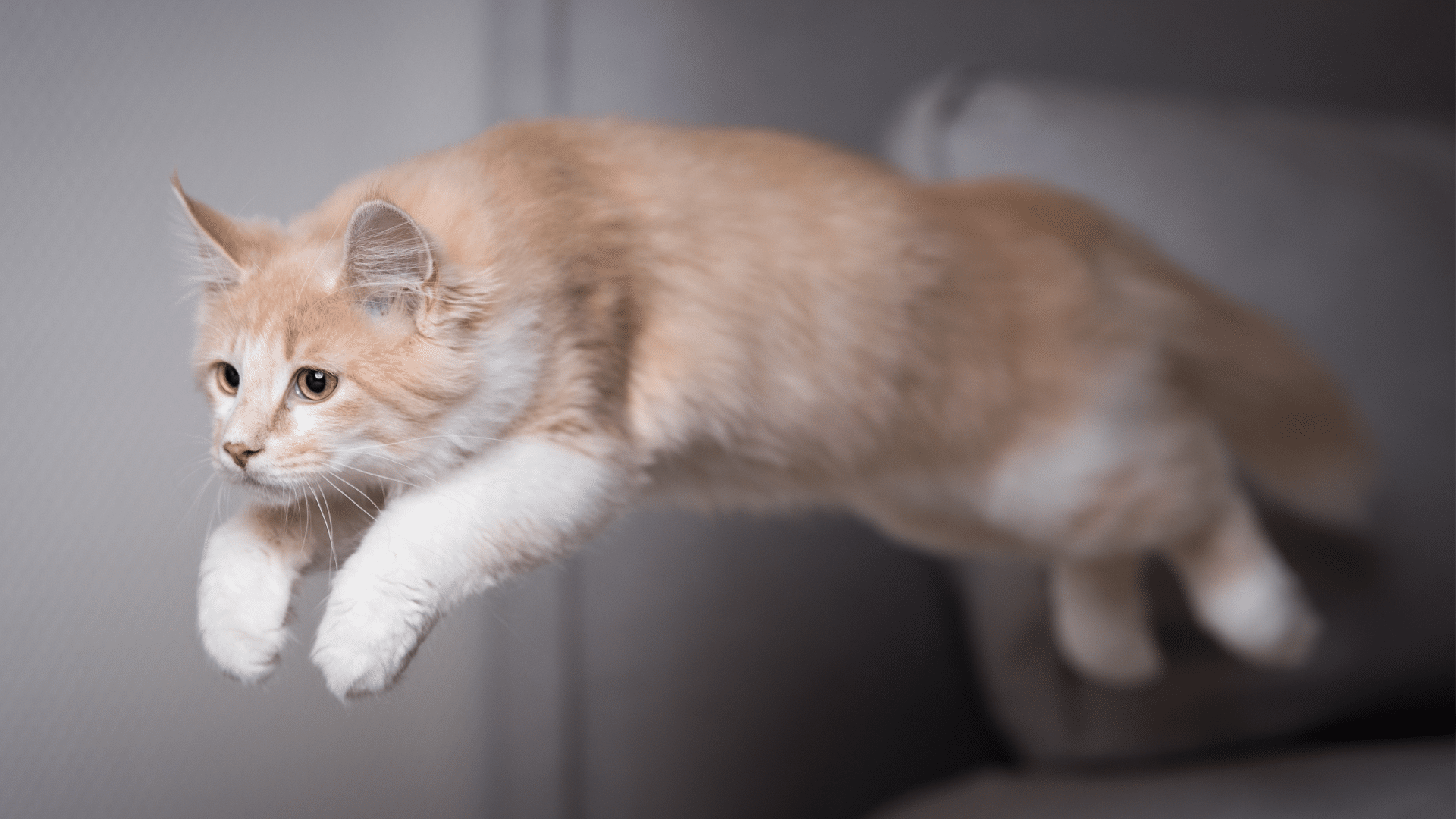




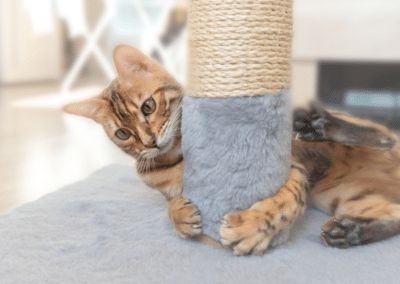
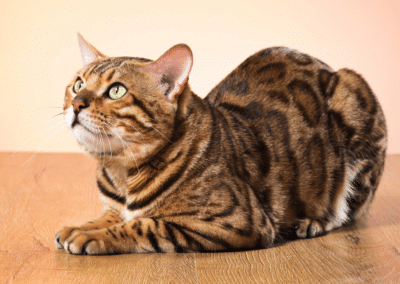

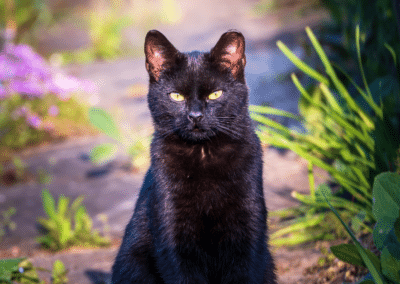
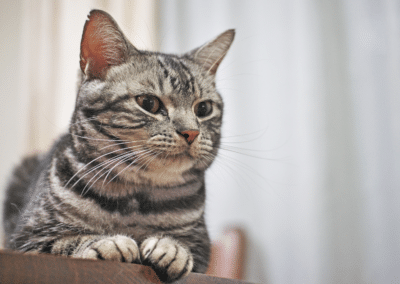

0 Comments